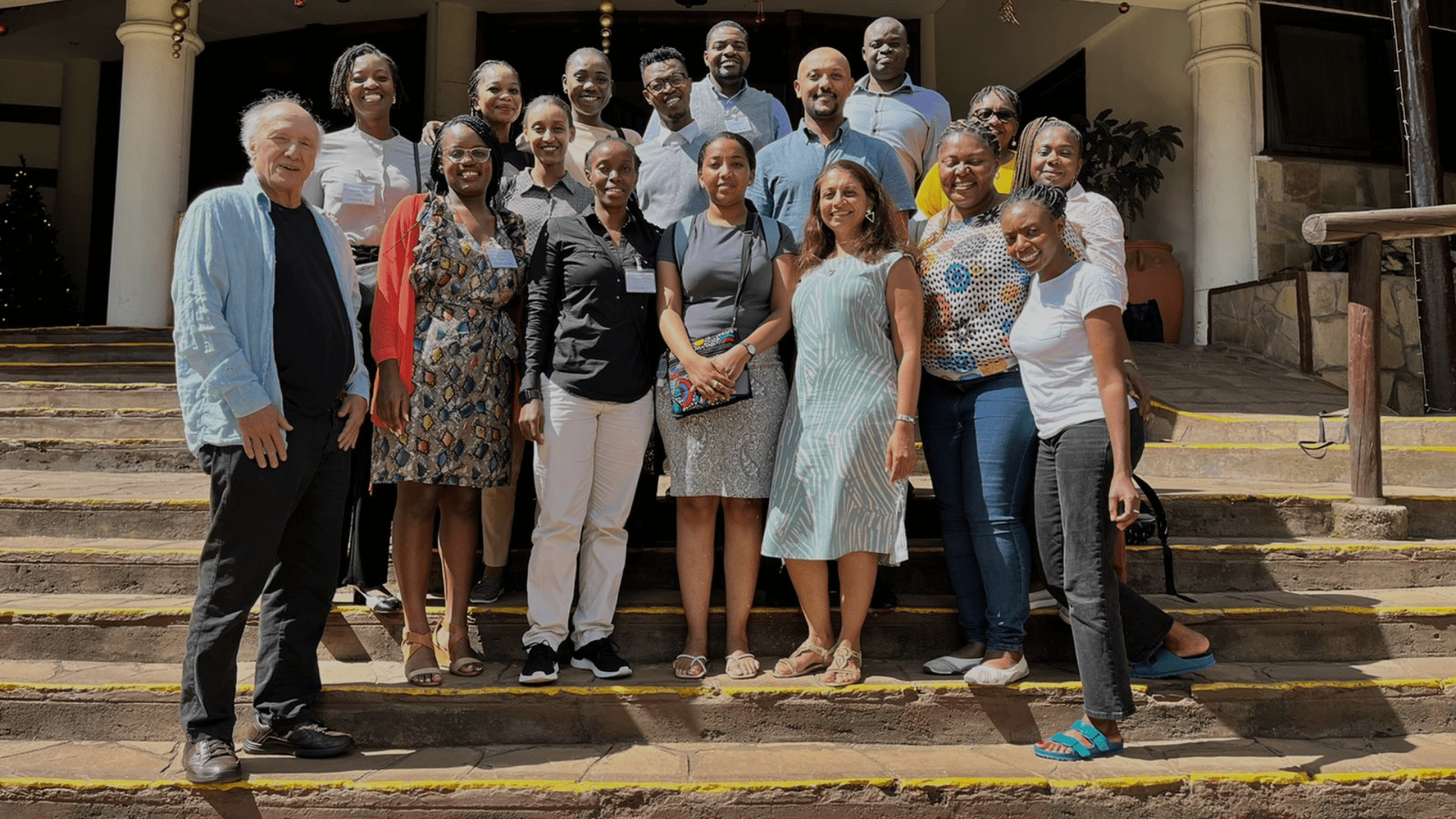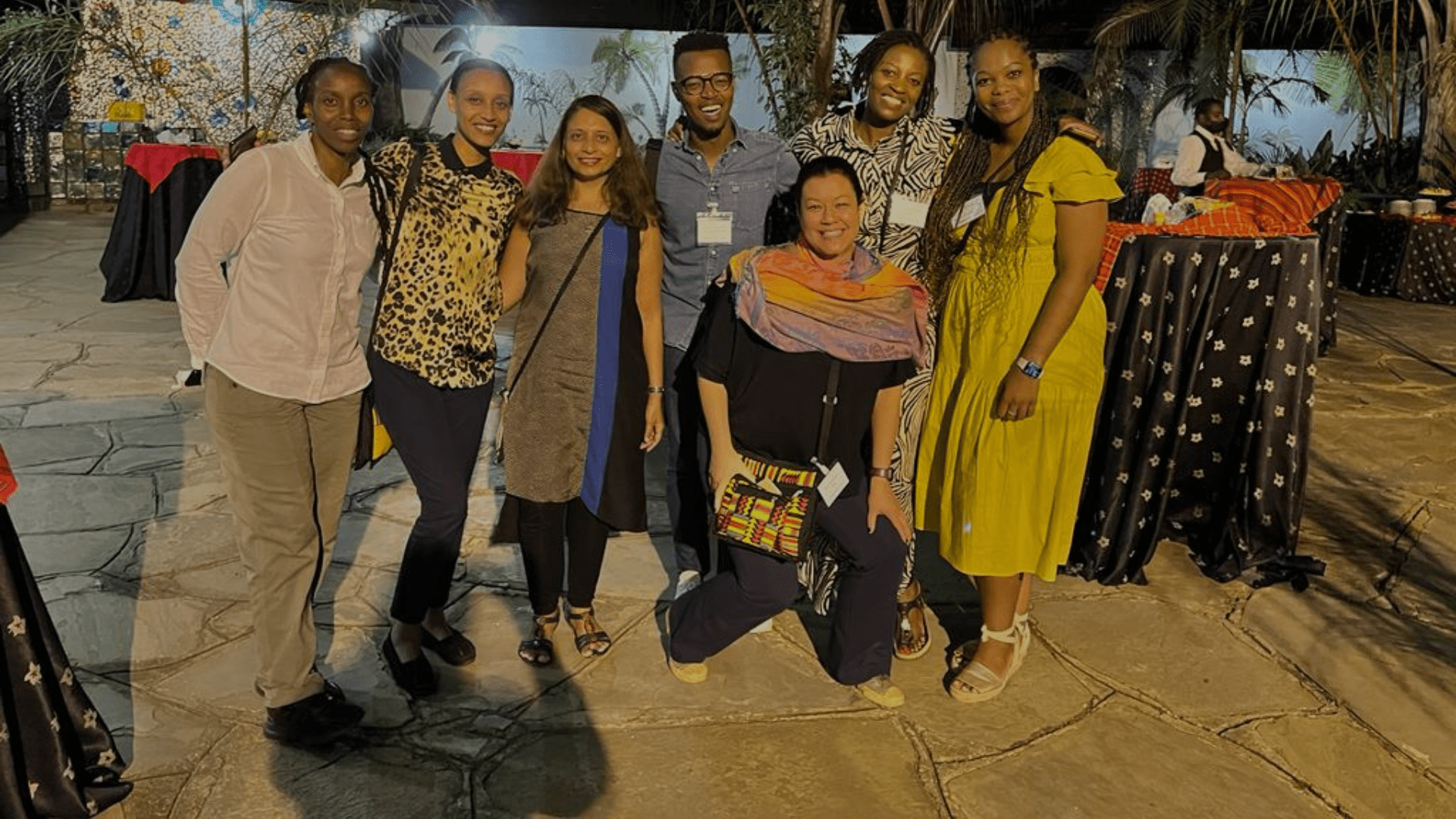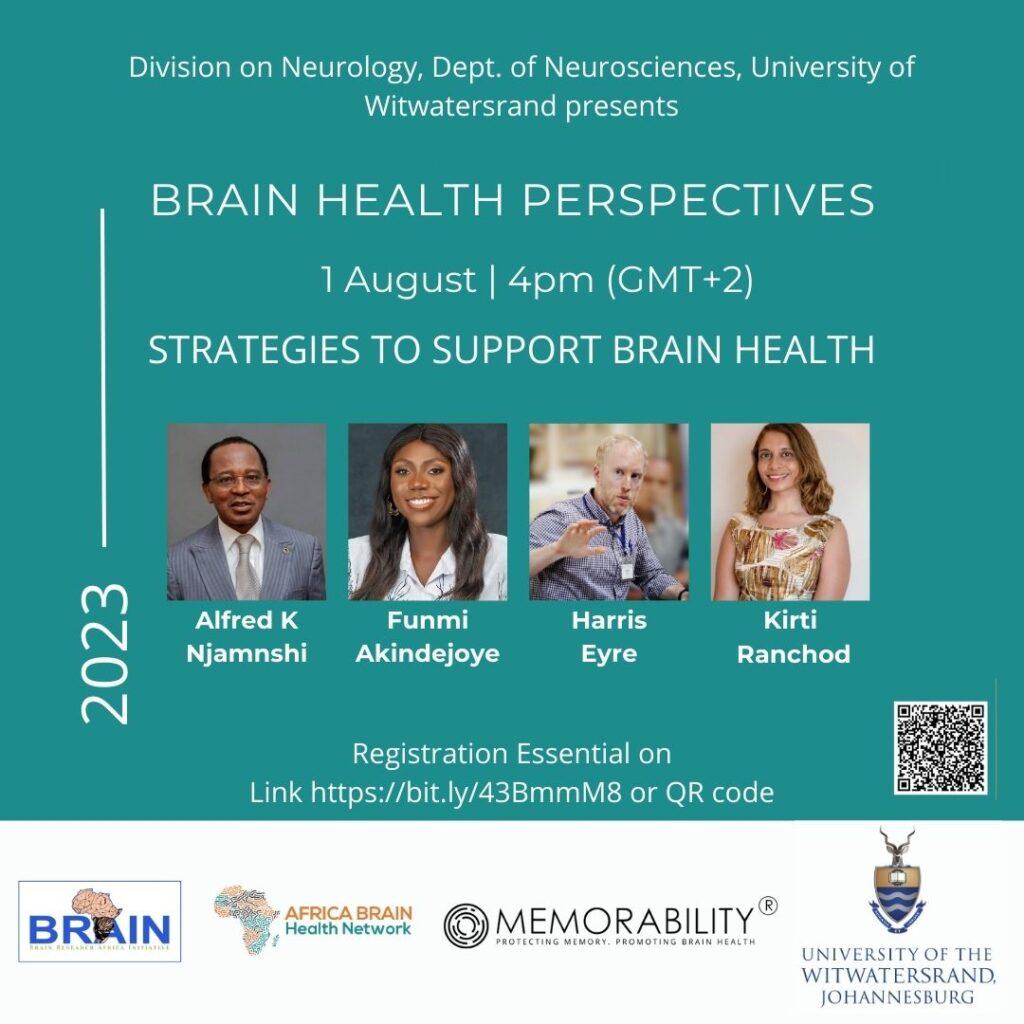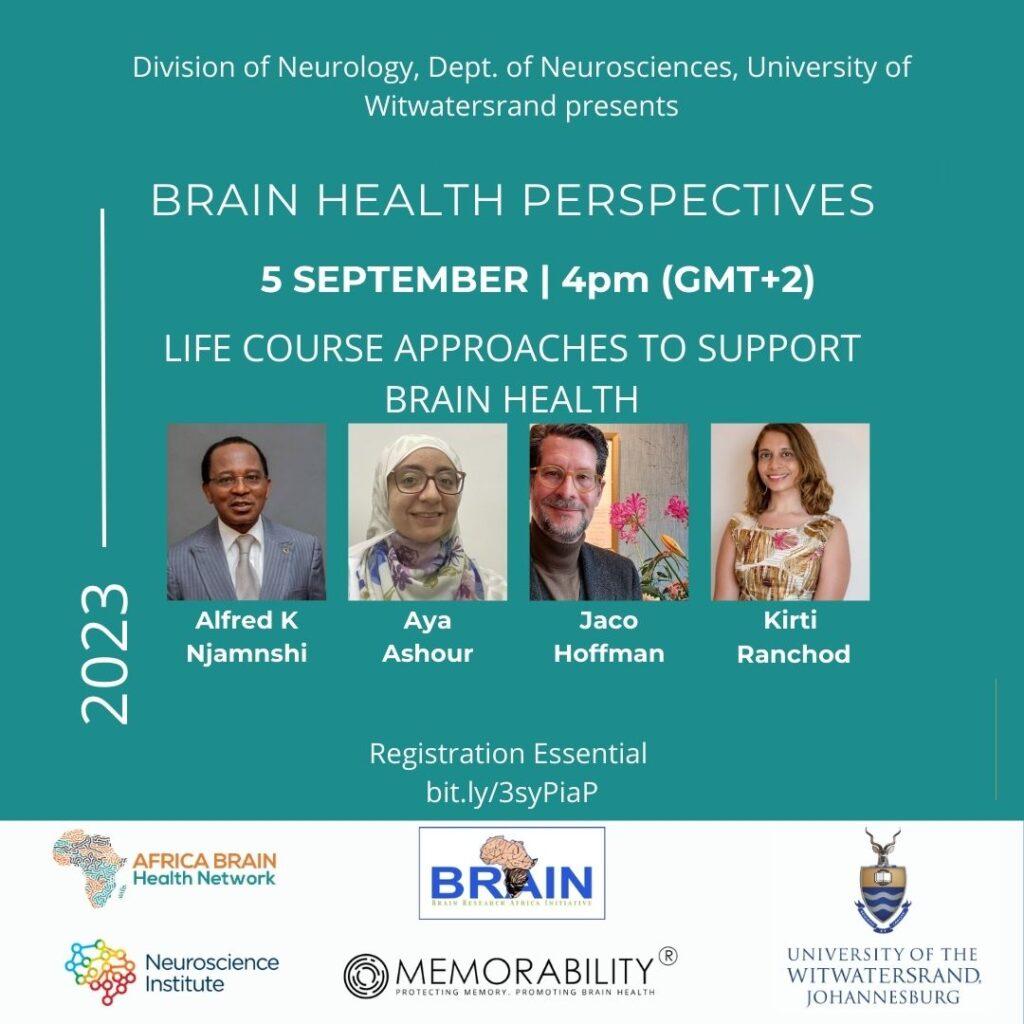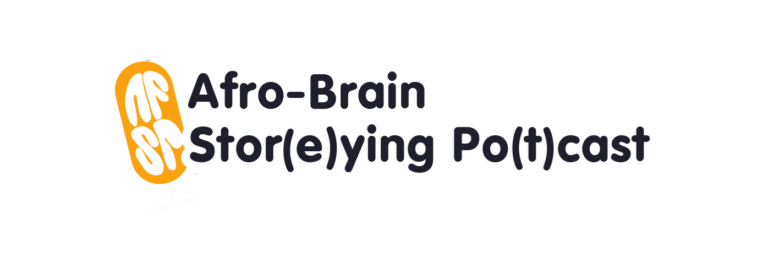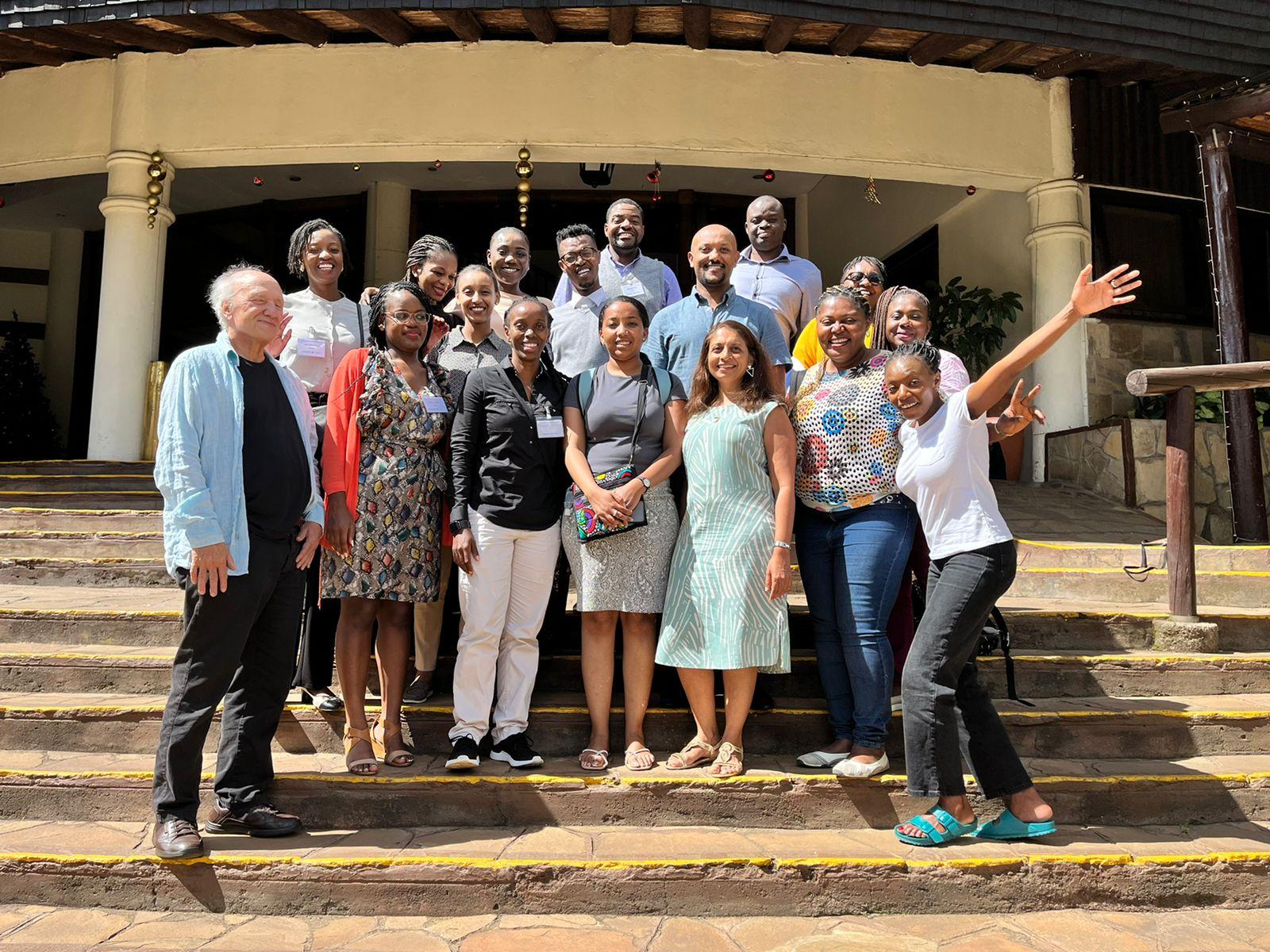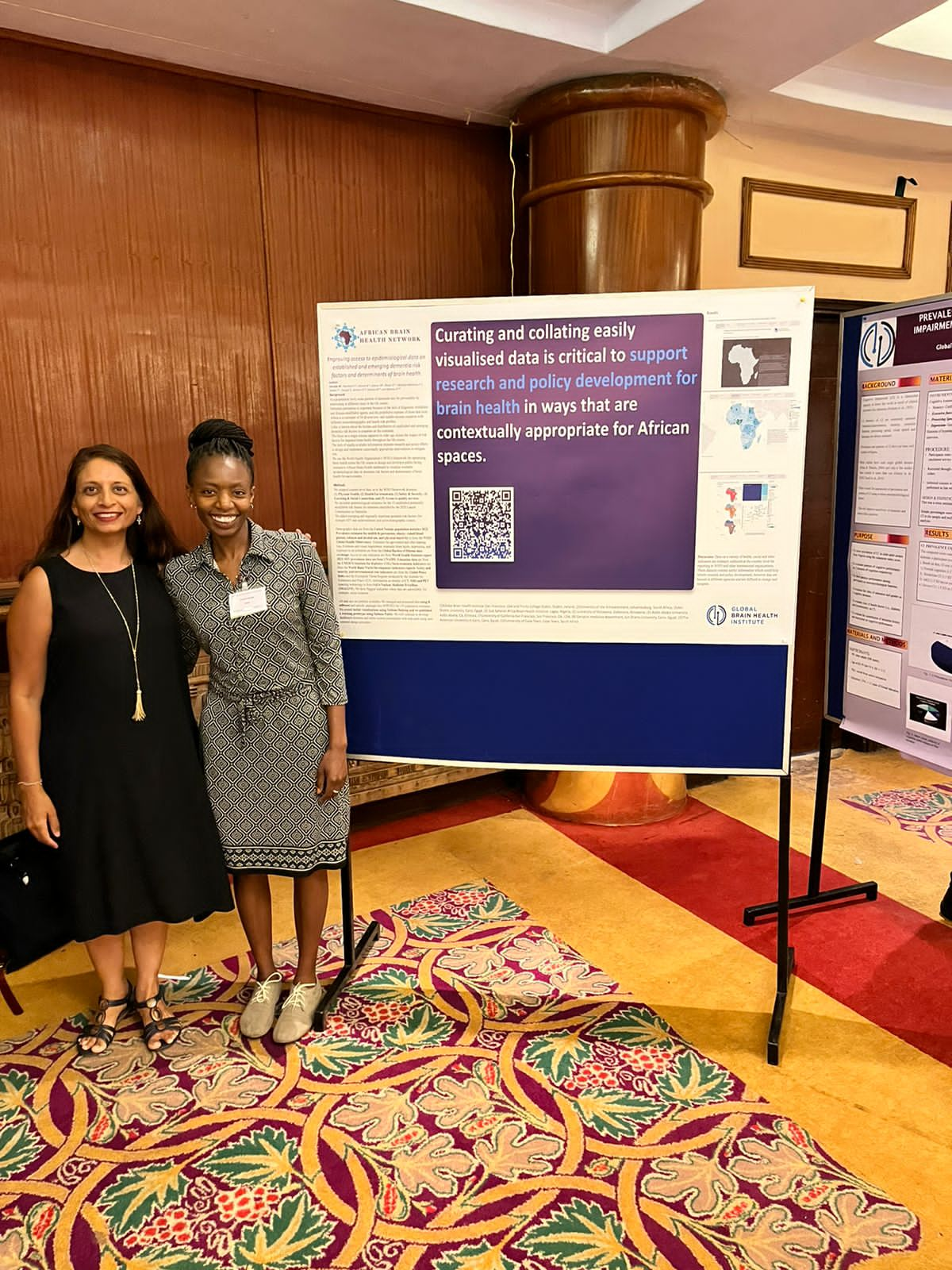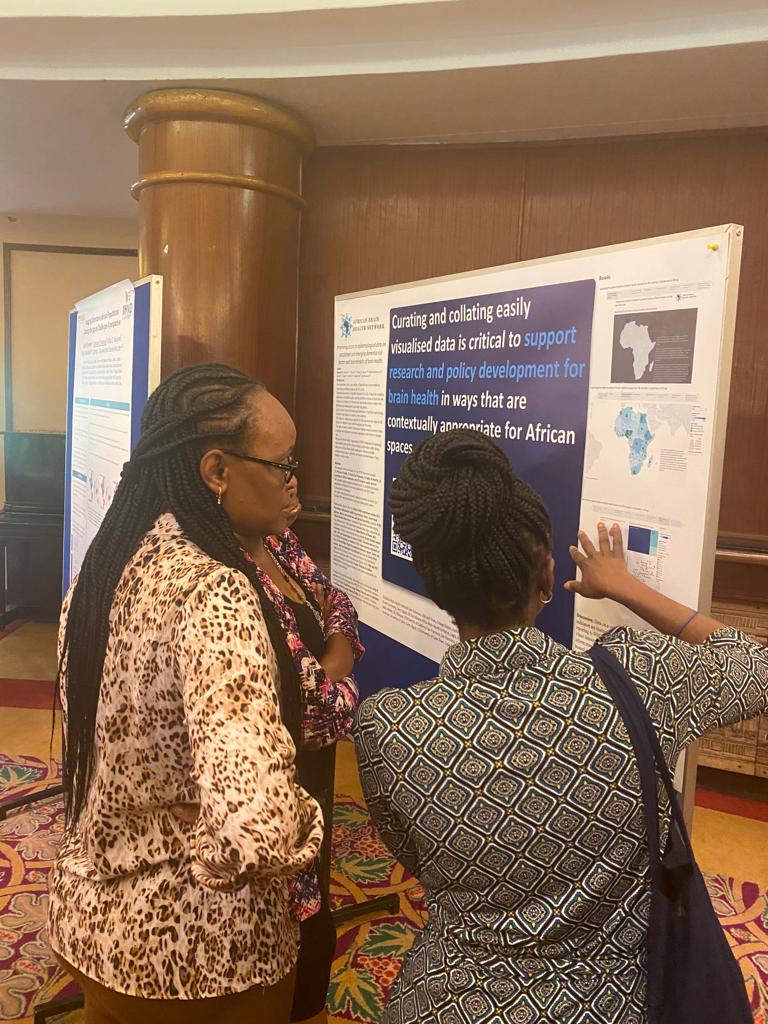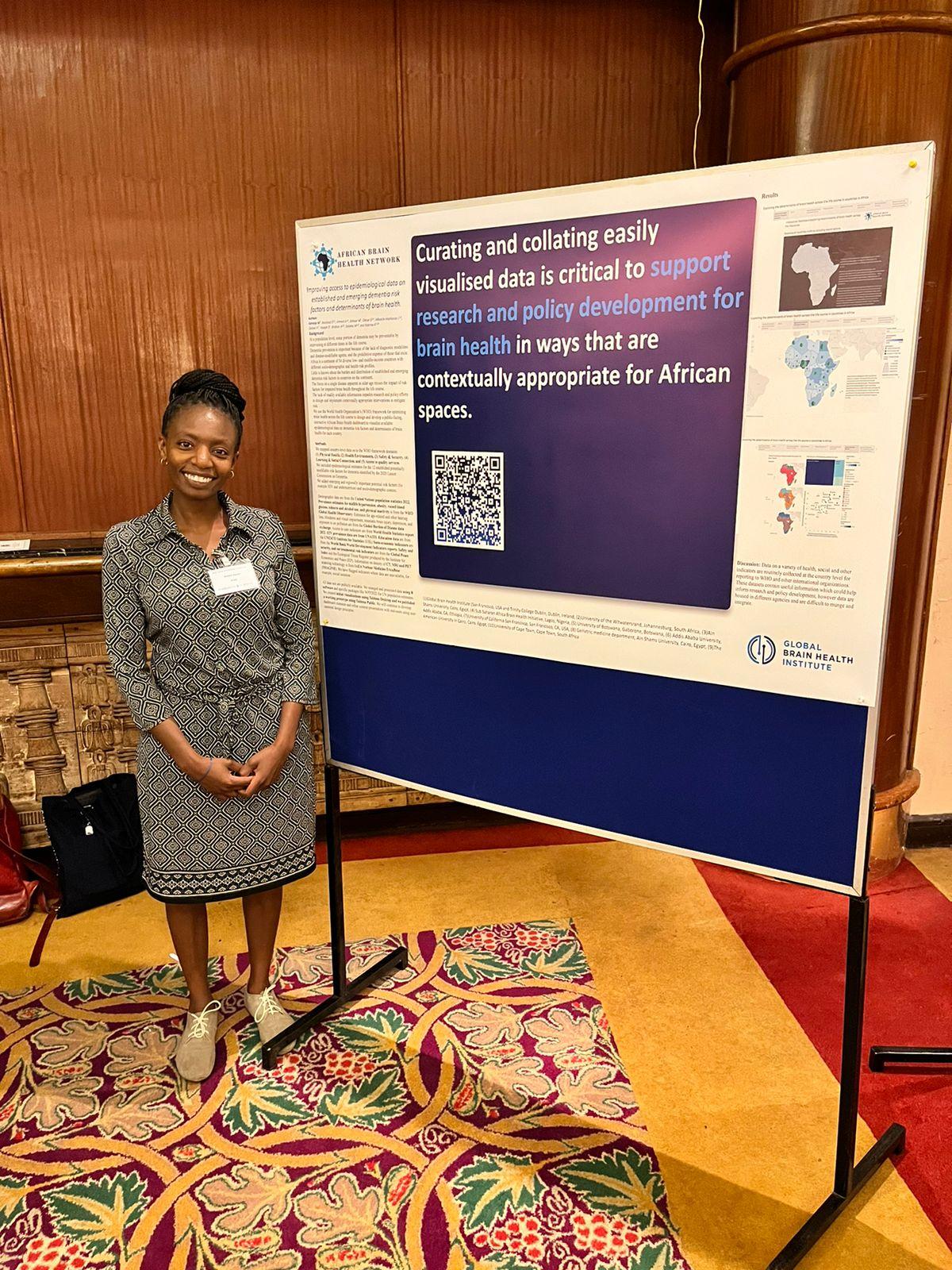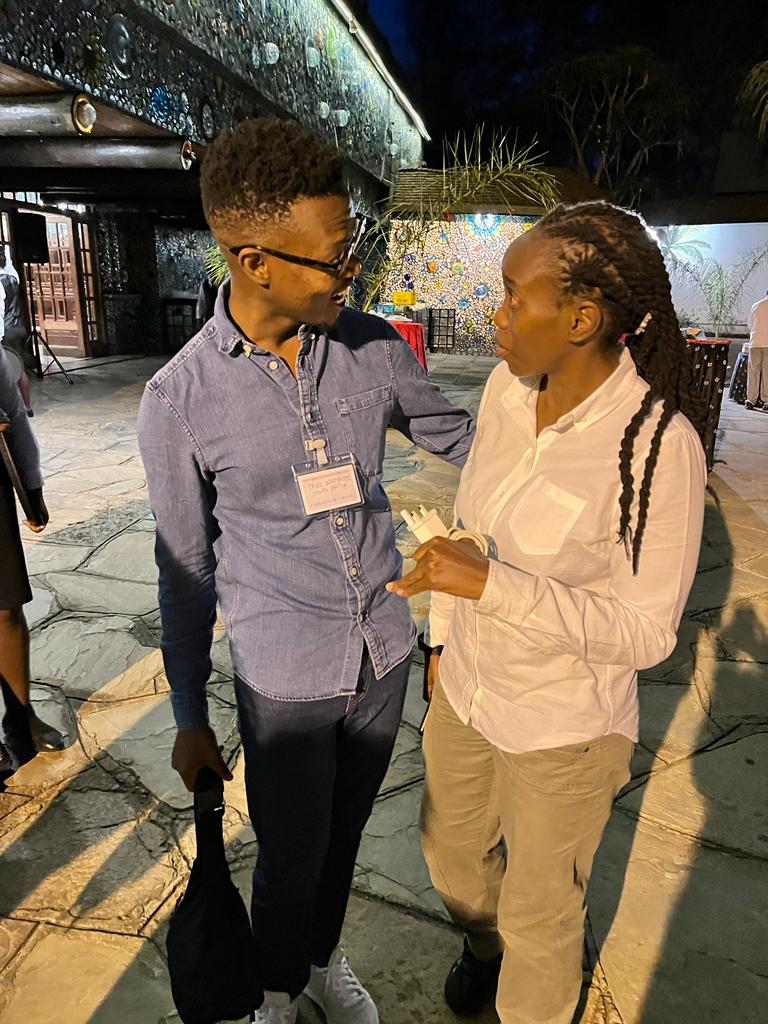
We are a multidisciplinary team working toward building a collective Pan-African vision of Brain Health across Africa. We are artists, activists, academics, community workers, clinicians, caregivers, economists, neurologists nurses, psychologists, psychiatrists, and public health professionals.
The African Brain Health Network is an initiative started by Atlantic Fellows from the Global Brain Health Institute from, the African continent in 2019. In order to support GBHI’s mission to promote brain health, and reduce the scale of dementia worldwide.
Why Join ABHN
Meet a community of professionals working on brain health in Africa. Collaborate on research and projects with a community of professionals working on brain health in Africa.
Membership is open to senior Atlantic fellows and Atlantic Institute faculty, staff or board members;
- Who are residents or citizens of an African country or,
- Are currently working in an African country or,
- Who have a mentor who is a resident or citizen of an African country
- Are mentors of a senior Atlantic fellow who is a member of the African Brain Health Network
Our Mission
- To promote Afro-centered narratives of brain health
- To create awareness of brain health across the life course
- To create awareness of risk factors for brain disorders
- To bridge divides by bringing together experiences of the brain and mental health disorders across the continent
- To build a repository of community resources that support brain health
- To leverage cultural capital to build communities of healing
What is brain health?
Brain Health
Brain health is a life-long, multidimensional, dynamic state consisting of cognitive, emotional, and motor domains underpinned by physiological processes and can be objectively measured and subjectively experienced. It is influenced by eco-biopsychosocial determinants. (Chen et al 2021.
According to the World Health Organization, the most significant contributors of neurological DALYs in 2016 were stroke (42.2%), migraine (16.3%), dementia (10.4%), meningitis (7.9%), and epilepsy (5%). Parkinson’s disease, propelled by an increasingly aging population, is the fastest-growing neurological disorder. Notably, in Southeast East Asia and Africa, the burden of neurological conditions in children remains particularly large due to premature birth, neonatal encephalopathy, and neuroinfections.
Developmental disabilities accounted for 13.3% of the 29.3 million YLDs for all health conditions among children younger than 5 years in 2016.

